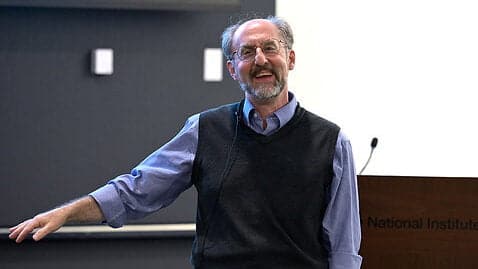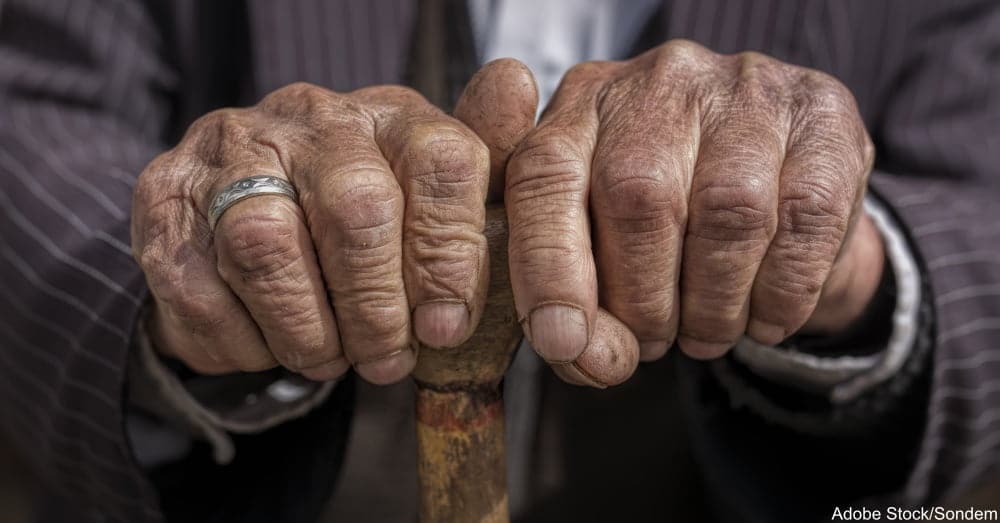The human body hides secrets that science constantly tries to reveal. Areas such as the precise workings of our mind, the truth about consciousness, life and death, have yet to be explained and explored, and every day we move a little further in understanding. Aging is another area that raises questions: for some time now we have been working hard to try to stay or look young. The question is always the same: why do we age?
A recent study published in iScience called “Common features of aging do not occur in Drosophila raised without a bacterial microbiome” shows the potential to hack the genes that regulate the aging mechanism of the human body.
Here's what the study and the experts say
Edward Ginger, PhD, senior researcher at the NIH, National Institutes of Health in the USA, says: “For decades, scientists have developed a list of common aging genes. These genes are thought to control the process of aging throughout the animal kingdom, from worms to mice to humans. We were shocked to find that only about 30% of these genes can be directly involved in the aging process. We hope these findings will help medical researchers better understand the forces underlying several age-related disorders."

The key points of the study (read it! It's here) about genes:
- Changes in gene expression during aging are microbiome responses at least 70% of the time;
- Also metabolism, immunity and stress response they are related to the microbiome;
- The study was conducted on Drosophila, a type of fruit fly.
Arvind Kumar Shukla, PhD, postdoctoral fellow and lead author of the study, said, “We have achieved a great leap forward for Drosophila. In humans, that would be the equivalent of gaining about 20 years of life. We were caught off guard and wondered why this species takes so long to die.”
There are some genes that actually regulate the body's internal clock, and there are many fewer than we thought. In the future, we plan to identify which genes are truly linked to the aging process.
If we want to fight aging, we need to know precisely which genes regulate our clock.
Edward Ginger


